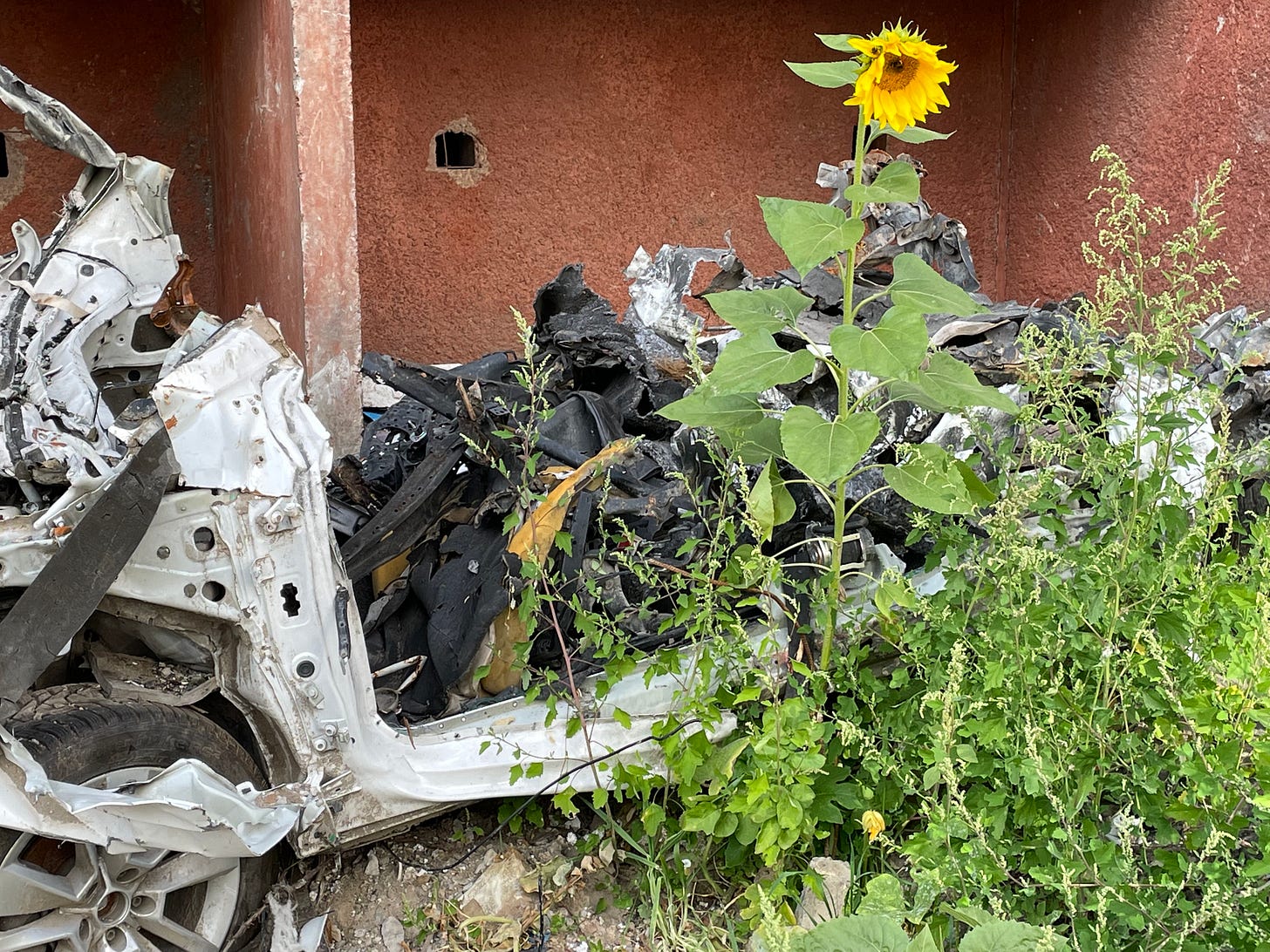This is one of my favorite lectures, and it is also one that has generated a great deal of resonance. It closes the circle on some of the themes raised in the beginning of the class: how is a nation old; how is it new; what is history; and what is myth. It considers the vexed and important question of the preservation and indeed development of Ukrainian culture under Russian imperial and Soviet rule, as well as some of the fascinating and unpredictable currents of Ukrainian cultural life since 1991. In our technodecadence we sometimes think of culture as something dispensable; this war reminds us of its primacy. However far you are willing to go with me in such claims, I hope you will enjoy the brief introduction to some figures worth knowing about.
The video is here and the podcast version is here or here.
Readings:
Snyder, "The War in Ukraine has Unleashed a New Word," New York Times, 22 April 2022.
Terms:
Genocide (Convention of 1948)
Valyuev decree of 1863
Taras Shevchenko
Pushkin, Gogol, Mickiewicz
Sholom Aleichem (1859-1916), Tevye the Dairyman, Tevye der Milchiker
Yury Lavrinenko
Mykola Khvylovyi
Nikita Khrushchev
Leonid Brezhnev
"Shadows of Forgotten Ancestors," 1965, Sergei Parajanov
Vasyl Stus 1938-1985
Oksana Zabuzhko
Yuri Andrukhovych
Serhyi Zhadan
Slava Vokarchuk, Okean Elzy
Stanislav Aseyev on torture, Torture Camp on Paradise Street
Viktor Medvedchuk
Viktor Yanukovych
Kateryna Diachenko; Dmytro Sydoruk; Oleh Yakunin; Oleksandr Makhov; Artyom Datsishin; Oksana Shvets, 67; Pasha Lee; Yevhen Malyshev; Oleksandr Shapoval; Yuriy Kerpatenko
Volodymyr Vakulenko
Oksana Baulina
Volodymyr Dibrova
Iuliia Musakovs'ka





At your and other prodding I read Gogol's "Dead Souls", the Pavear and Volokhonsky translation, and I must say what a delightful read it was... a "poema" Gogol called it. I highly recommend it. I now have his Short Stories, by the same translators.
"…
just as the Soviet Union depended upon grain from what is now Ukraine. It's a bread basket.
So they need the economy, but they don't want it to be the Ukrainian economy.
It has to be part of a larger project, right?
If they had let the Ukrainian peasants just grow the grain, they would've had bigger yields than they did under collected by as agriculture. But collective by as agriculture meant that it was all under control, and it would be the Soviet Union, which would be in charge of the distribution and the exports, right? So the Ukrainian economy has to exist and has to not exist, which is a very brief way of referring to something that we have talked about before, which is the death of about 4 million inhabitants of Soviet Ukraine during the 1930s."
Seems, in a lot of respects, that this dilemma forms an unmendable fissure in the Soviet enterprise, dooming it to fail without blood & treasure asserting itself once again. Ukraine's people have seen that before, survived it before -- “Shche ne vmerla Ukraina”🇺🇦!